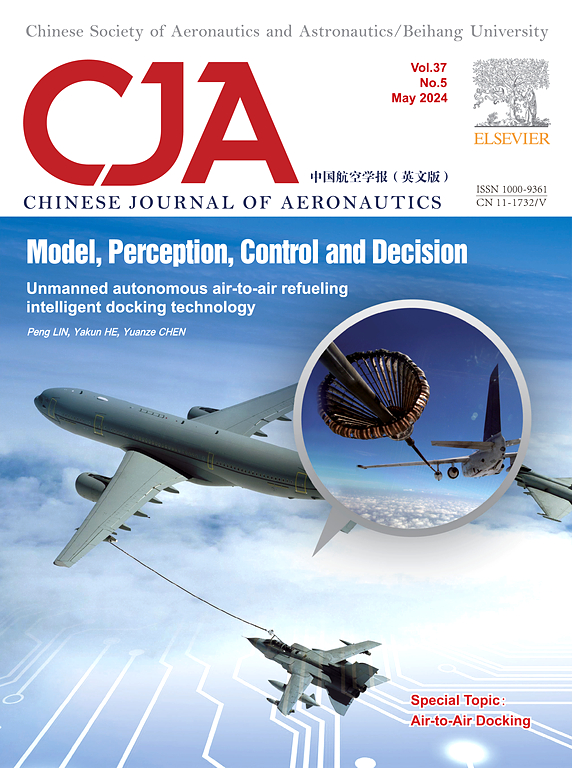A semi-analytical multi-harmonic balance method on full-3D contact model for dynamic analysis of dry friction systems
Abstract
Dry friction damping structures are widely-used in aero-engines to mitigate vibration. The nonlinear nature of friction and the two-dimensional in-plane motion on the contact interface bring challenges to accurately and efficiently predict the forced response of frictionally damped structures. The state-of-the-art Multi-Harmonic Balance Method (MHBM) on quasi-3D contact model in engineering cannot precisely capture the kinematics on the friction interface although the efficiency is high. The full-3D contact model can describe the constitutive relationship of the interface in a more accurate manner; however, the efficiency and convergence are not guaranteed for large-scale models. In this paper, a semi-analytical MHBM on full-3D contact model is proposed. The original Trajectory Tracking Method (TTM) for evaluating the contact force is reformulated to make the calculation more concise and the derivation of the Analytical Jacobian Matrix (AJM) feasible. Based on the chain rule of derivation, the AJM which is the core to upgrade the performance is deduced. Through a shrouded blade finite element model, the accuracy and efficiency of the proposed method are compared with both the MHBM on full-3D contact model with numerical Jacobian matrix and the MHBM on quasi-3D contact model with AJM. The results show that the AJM improves significantly the efficiency of the MHBM on full-3D contact model. The time cost of the proposed method is in the same order of magnitude as that of the MHBM on quasi-3D contact model. We also confirm that the full-3D contact model is necessary for the dynamic analyses of shrouded blades. If one uses the quasi-3D model, the estimation relative error of damping can even reach 31.8% in some cases. In addition, the AJM also brings benefits for stability analysis. It is highly recommended that engineers use the MHBM on full-3D contact model for the dynamic analysis and design of shrouded blades.

 求助内容:
求助内容: 应助结果提醒方式:
应助结果提醒方式:


